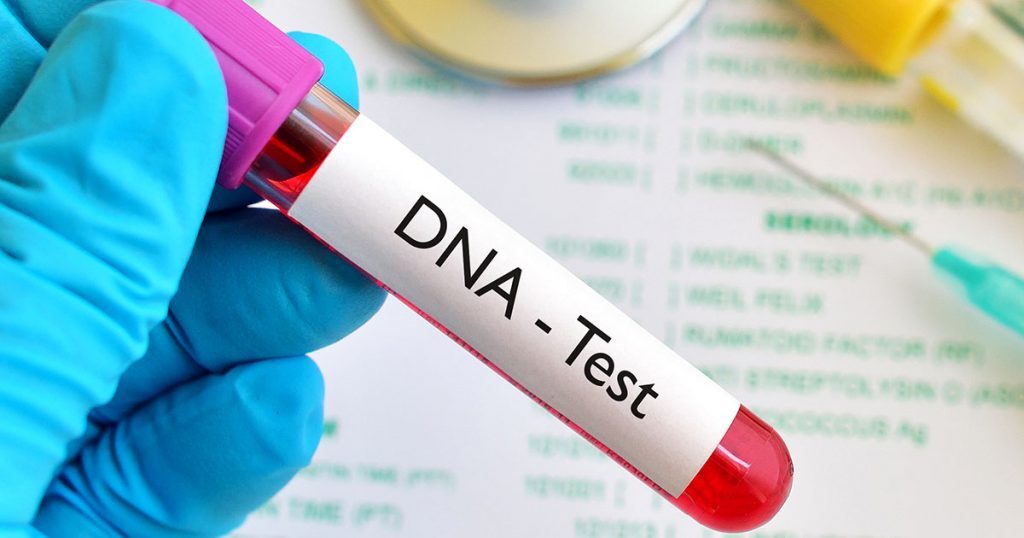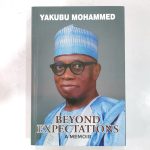One in four Nigerian men who took paternity tests in the past year were found not to be the biological fathers of the children in question, according to a new report by Smart DNA, a Lagos-based forensic laboratory.
The 2025 Annual DNA Testing Report shows that 25 per cent of men tested between July 2024 and June 2025 received negative results — a slight drop from 27 per cent in 2024. Firstborn children were the most affected, with 64 per cent of disputed firstborns discovered not to belong to their presumed fathers.
“This trend raises serious concerns about family trust and stability in Nigeria,” said Elizabeth Digia, operations manager at Smart DNA. “DNA testing is now about more than disputes. It provides certainty, documentation, and peace of mind.”
The report also noted Lagos as the epicentre of DNA testing, with Lekki leading at 20.3 per cent of all cases, followed by Yaba (15.8 per cent) and Ajah (10.5 per cent). Surulere and Ikeja accounted for nine per cent each, while Ikorodu matched Ajah at 10.5 per cent.
Immigration-related DNA testing increased to 13.1 per cent of cases, largely driven by Nigerians seeking documentation amid the Japa wave. Children aged 0–5 years made up the majority of tests (58.6 per cent), with boys tested more frequently than girls (53.8 per cent versus 46.2 per cent).
Ethnic distribution showed Yoruba clients accounted for 53 per cent of tests, Igbo 31.3 per cent, and Hausa 1.2 per cent. Most requests (83.7 per cent) were for “peace of mind,” while just 1.4 per cent were court-mandated.
Digia stressed the need for reform, noting Nigeria has no laws against paternity fraud. “Men are often left without legal recourse when non-paternity is discovered years later,” she said, calling for public health campaigns to normalise paternity discussions and integrate DNA testing into pre-marital and family health programmes.
The findings, according to Smart DNA, reflect a growing demand for clarity in family documentation and underscore deeper cultural questions about trust, inheritance, and parenthood in Nigeria.





